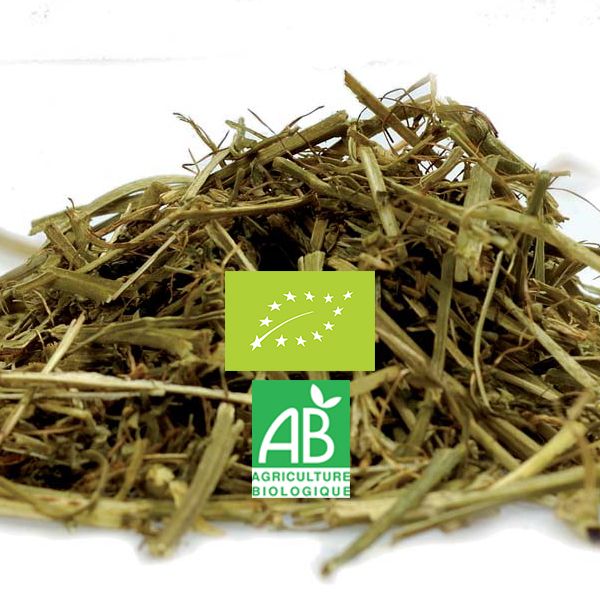Alfalfa fiber is more digestible and palatable
Regulatory imperatives (calling into question debeaking) and the evolution of societal pressure (with the end of battery aging) will accelerate the transition from the poutry cage system to alternative poultry systems (outdoor, cage-free, organic).
Pecking: a problem of behavior of laying hens
The natural behavior of laying hens involves exploration, scraping, and pecking grouped under the generic term "foraging".
Certain conditions generate stress and nervousness which imply a redirection of the pecking towards their congeners. The problem of pecking is more impacting on cage-free farms or in the outdoor (ANSES study 2017). The risk factors are notably due to feed imbalances, environmental stresses (light, route, temperature ...), parasites (lice) ...
To limit the occurrence of pecking problems, the recommendations concern:
- the layout of buildings and practices to limit stress,
- the enrichment of the environment, and this from the stage "pullet",
- a balanced food, in particular via the addition of fiber
The answer Rumiluz bio
Rumiluz bio is recommended in risk situations, for:
- Bring extra fiber into the diet of laying hens
- Contribute to the enrichment of the environment
Rumiluz bio is elaborated under a unique industrial process ensuring a homogeneous quality and traced:
- the heat treatment at high temperature at the time of dehydration eliminates any germ present,
- the individual packaging of the bales protects the product from any subsequent recontamination,
- the presentation of the ball in 3-5 cm strands pressed at very high density ensures a lasting behavior and limits distributions.
Alfalfa fiber are more digestible and palatable
Product presentation
20 kg bale with bagged plastic strapping
dimensions 0.50m x 0.30m x 0.30m
48 bales individually wrapped by pallets
6 x 8 bales - 960 kg - capped / filmed palette - Height (palette included) 2.10m




